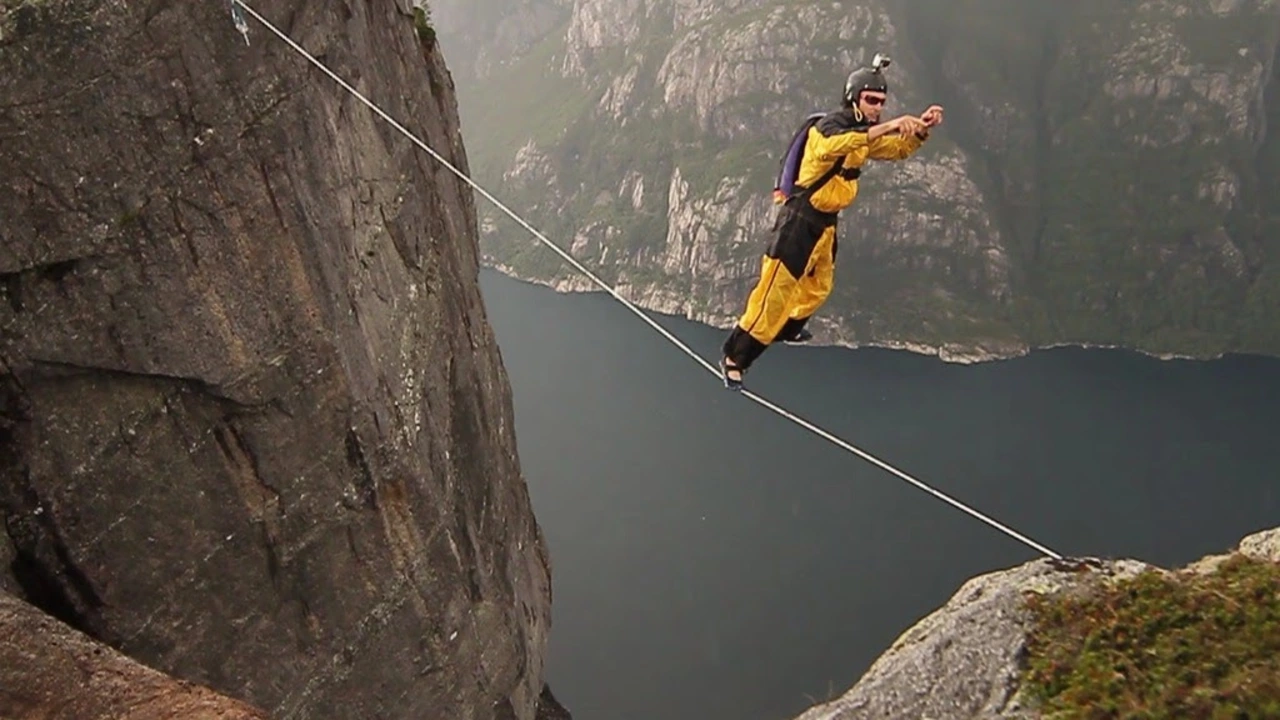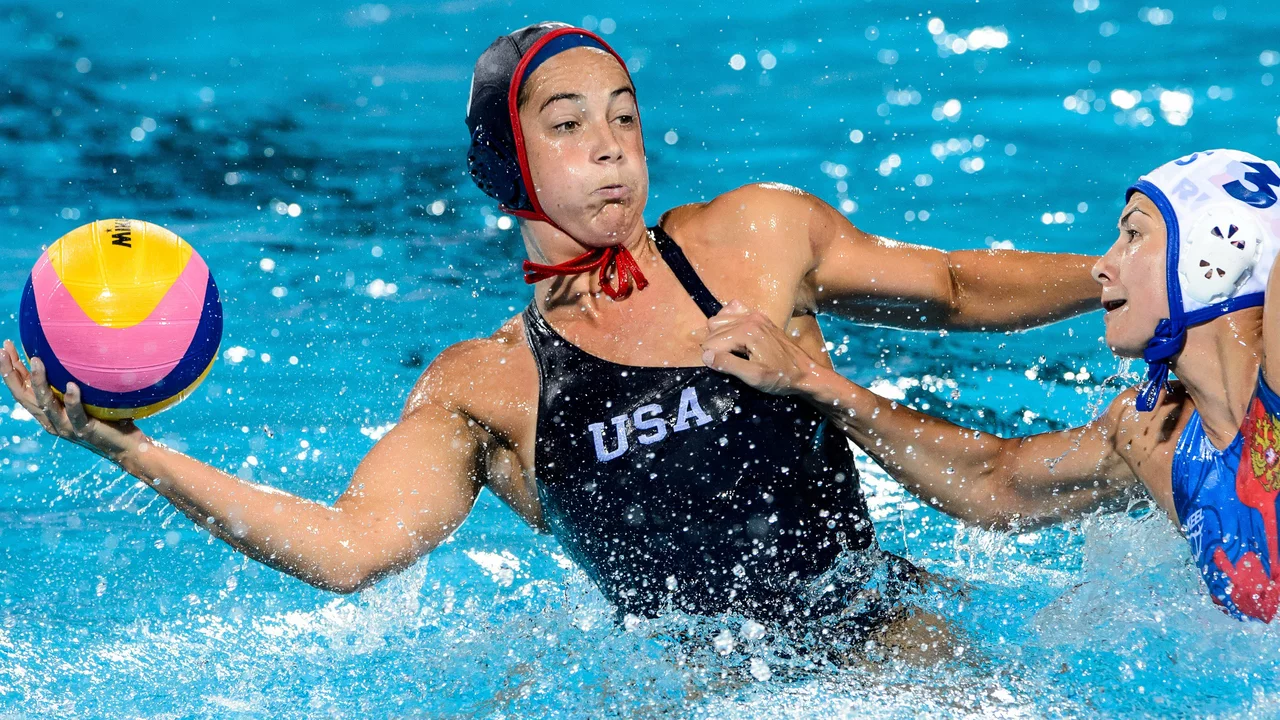Sports and Recreation
When talking about Sports and Recreation, any activity that moves a body, sharpens a skill, or brings people together for fun and competition, you’re stepping into a huge playground. It covers everything from horse‑back games like Polo, a team sport where players on horseback aim to hit a ball through a goal using a long‑handled mallet to water‑based challenges such as Water Polo, a high‑intensity, full‑contact game played in a pool where two squads fight for a floating ball. Both share a love of speed, teamwork and quick decision‑making, yet each demands different gear, training and safety measures. Understanding these differences helps you choose the right fit for your interests and budget. Sports and Recreation isn’t just about playing; it’s about finding the right community and resources to stay engaged.
How Events and Access Shape the Experience
One often‑overlooked piece of the puzzle is how fans get into matches. The Ticket Exchange, a platform that lets season ticket holders resell seats to fellow supporters became a lifesaver during the Southampton vs Portsmouth sell‑out, keeping demand alive right up to kickoff. This kind of system shows that even the most passionate fan bases need reliable logistics to stay connected. It also illustrates a broader trend: modern sports events rely on flexible ticketing, digital communication and community‑driven solutions to thrive.
Meanwhile, traditional ground‑based sports like football still dominate local culture. The intense rivalry of a derby, such as the Southampton‑Portsmouth clash, highlights how a single match can spark city‑wide excitement and economic activity. When you combine that buzz with well‑managed ticket exchange tools, the whole ecosystem—from players to spectators—runs smoother. These connections prove that event access is as critical as the sport itself.
Cost and safety are two more pillars that shape participation. Polo, often nicknamed the “sport of kings,” comes with hefty expenses: maintaining horses, buying specialized gear and paying club fees. Yet many clubs, including Yorkshire Polo Club, offer lesson packages and shared pony programs to lower the barrier. On the safety side, both polo and water polo carry injury risks—high‑speed horseback riding can lead to falls, while water polo’s constant jostling can cause bruises or more serious harm. Proper training, protective equipment and solid coaching standards dramatically reduce those hazards, turning a potentially risky pastime into a rewarding one.
All these threads—different game formats, ticketing logistics, financial considerations, and safety protocols—intertwine to form the vibrant tapestry of Sports and Recreation. Below you’ll find a curated set of articles that dig into each of these areas, whether you’re curious about the price tag of polo, the full‑contact nature of water polo, or how a ticket exchange can keep fans in the game. Get ready to explore practical tips, real‑world examples, and insider perspectives that will help you make the most of your active lifestyle.
Southampton vs Portsmouth sell-out: Ticket Exchange gives fans a final shot
Southampton’s derby with Portsmouth at St Mary’s on September 14, 2025 sold out early, pushing late demand onto the club’s Ticket Exchange. The exchange stayed open until 9am on match day for season ticket holders to resell seats. Fans without valid tickets were urged not to travel. A 12:00 kickoff and tight ticket controls reflect the scale and sensitivity of this Championship rivalry.
read moreIs Polo an expensive sport?
Well, folks, hold onto your wallets because we're diving into the world of Polo, the sport of kings! Polo, my friends, is like the Gucci of sports - sleek, classy, but oh boy, does it make your bank account weep. From the costs of maintaining a stable of polo ponies, proper equipment, to the club membership fees, it's a sport that certainly doesn't come cheap. But hey, if you've got a pile of cash lying around and a penchant for adventurous, adrenaline-fueled sports, then Polo is your golden ticket. So, in the grand game of financial tug-of-war, Polo is definitely pulling hard on the expensive side, but remember, fun always comes with a price tag!
read moreIs water polo a full contact sport?
In my exploration of water polo, I've found that it is indeed a full-contact sport. It's a physically demanding game where players are constantly jostling for position, blocking opponents, and even wrestling underwater. The intensity of the contact can vary, but it's a sport that demands physical strength, agility, and endurance. It's not a game for the faint-hearted, and it's definitely more than just throwing a ball into a net. So, yes, water polo is without a doubt a full-contact sport.
read moreIs playing polo dangerous?
In my recent exploration of the safety aspects of polo, I've discovered that, indeed, it can be a dangerous sport. Given its high-speed nature and the fact that it involves controlling a horse while focusing on a small ball, the risk of accidents is fairly high. Many players have reported injuries, some even serious, during matches. However, it's crucial to remember that with proper training, equipment, and safety measures, these risks can be significantly reduced. So, while polo holds potential hazards, it's not necessarily a game you should avoid if you're interested in it.
read moreIs water polo a full contact sport?
Water polo, guys, is indeed a full-contact sport and it's a lot more physically demanding than most people realize. Players are constantly tussling and jostling for position in the water, which requires a great deal of strength and stamina. Not to mention, they can't touch the bottom of the pool during gameplay, making it even more physically challenging. So, not only is it a game of skill and strategy, but it's also one of endurance and toughness. So, if you're looking for a sport that'll really test your limits, water polo might just be it.
read more



